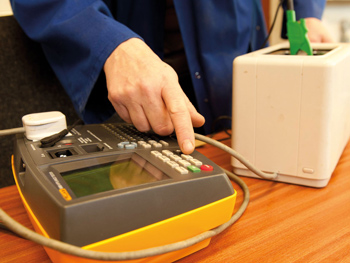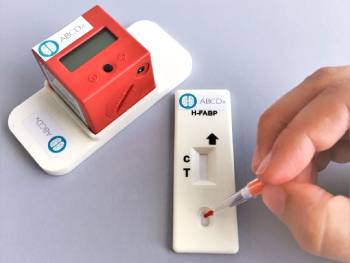Importance of Testing Medical Equipment

The equipment hospitals and clinics employ play a central role in daily working. A healthcare facility is only as good as the accuracy of their equipment which means regular testing and calibration are necessary steps.
Leading Diagnostics and Labs in Chennai, explain how a healthcare provider should maintain and test medical equipment to ensure 100% accuracy and efficiency.
• To start, stick to the rule of thumb. Every device and gadget should be tested once every year, at the minimum. Though there are no laws that require a hospital to do it, complying with standards becomes easier when testing is conducted periodically.
• Second, be aware of the testing technology in the market. An example is electrical safety analysers which check a variety of lab equipment and medical gadgetry. They are beneficial to hospitals because they don’t need a patient to evaluate bed, hoists, infusion pumps, centrifuges, etc.
Another option is a patient simulator to check patient monitors. These can reproduce the symptoms and vital signs of a human like:
o heart-rate
o body temperature
o blood pressure
o respiration
The simulator can be directly connected to the monitor and test for anything ranging from ECG to arrhythmias.
• Third, be aware of every equipment in the building, i.e., have the answers to the following questions:
o Which monitors are more than ten years old?
o Is there a department that is grossly underfunded and requires devices?
o Which equipment did not perform 100%?
Being aware will help in keeping everything in tip-top condition. Bear in mind that it is not necessary to switch out legacy devices with new ones if they are working correctly. What is essential is to provide the best patient care no matter how it is achieved.
 Knowing blind spots or glitches in equipment can ensure that they are tested at the correct time and the issue resolved. The best part is they can be done by engineers or trained operators in a small period of time.
Knowing blind spots or glitches in equipment can ensure that they are tested at the correct time and the issue resolved. The best part is they can be done by engineers or trained operators in a small period of time.
Every medical device has a direct impact on the life of a patient. To ensure that the service provided to the patient is safe, effective and accurate, every gadget has to be in perfect working order. When inaccurate equipment or faulty medical devices are made use of it can lead to:
• Missed diagnosis
• Misread reports
Ultimately, they lead to disastrous results and costly consequences. Statistics say that 1 in 4 operating room errors happen due to machine faults and not human. Effects like this can be easily avoided if every medical equipment is tested before surgery. Furthermore, when proper verification and validation processes are followed crises can be sidestepped and greater productivity achieved. In other words, the hospital, clinic or health centre can save a lot of financial loss from occurring needlessly.
Know More About : POS Software Testing: The Absolute Need For It

